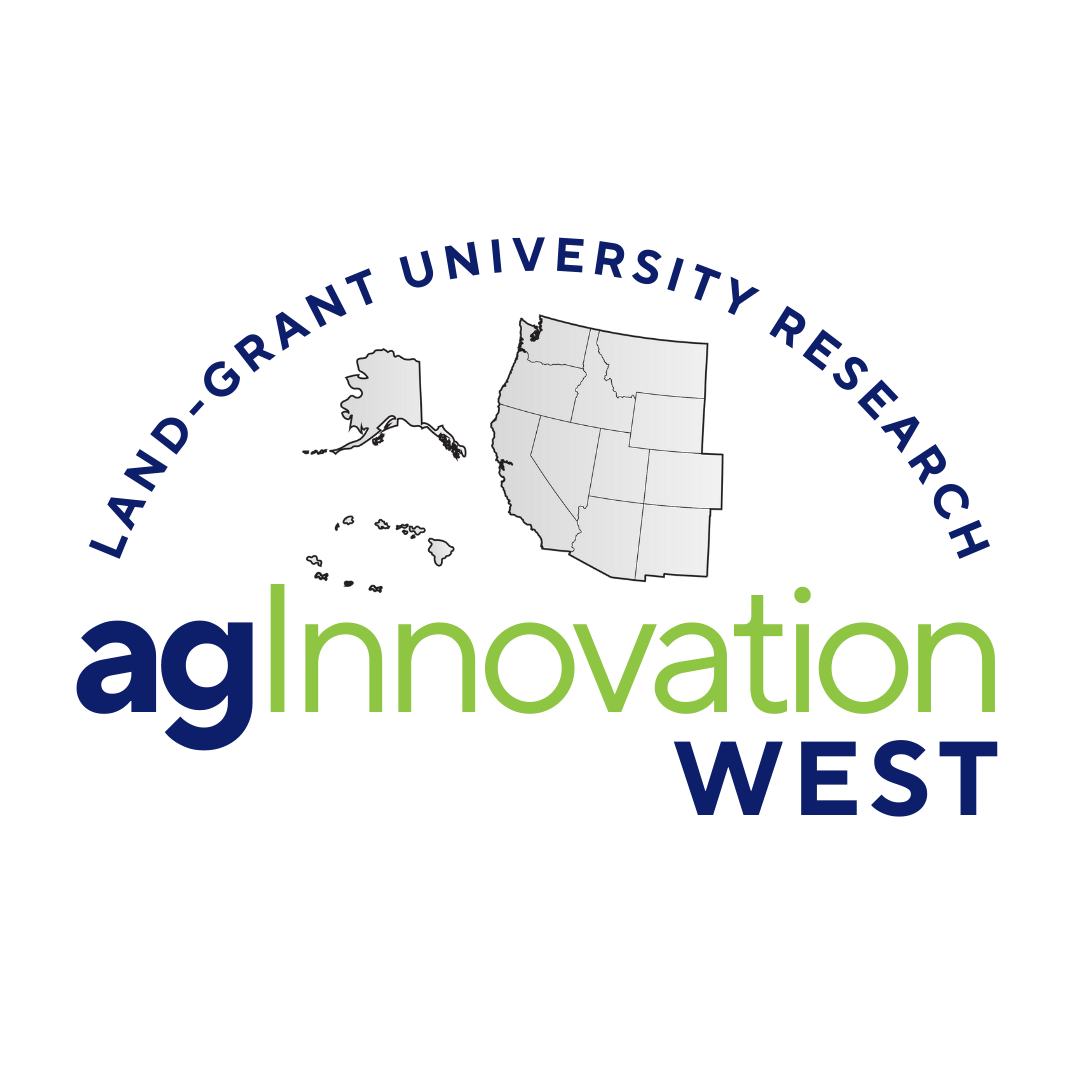
WERA55: Rangeland Resource Economics and Policy
(Multistate Research Coordinating Committee and Information Exchange Group)
Status: Inactive/Terminating
WERA55: Rangeland Resource Economics and Policy
Duration: 10/01/2001 to 09/30/2006
Administrative Advisor(s):
NIFA Reps:
Non-Technical Summary
Statement of Issues and Justification
Issue Rangelands are the most extensive class of lands in most of the eleven western states (about 70% of the land area) and are also important in many Great Plains states. These lands are important sources of forage and cover for wild and domestic animals. They are also used for recreation and are important watersheds. Rangelands managed by agencies of the federal government are commonly used by livestock operators as a complement to privately owned lands. But this use has come under increasing scrutiny with efforts by some groups to eliminate livestock grazing as a use of the federal lands. Decisions to reduce or eliminate livestock grazing in favor of other uses also affects the use of private lands. These economic impacts are especially important to livestock producers and communities where these lands are located. Information is needed that can be used by producers, land administrators, and government officials concerning the impact of these decisions. In addition, many livestock operators are seeking alternatives that might be used to improve ranch income while using rangelands, including those managed by one of the federal agencies. Many of the alternatives that can be used by ranchers, and the impacts associated with changes in the use of federal lands, are not unique to a particular area. When issues cross state boundaries or when issues arise that affect several states, researchers and policy analysts need to coordinate their activities and approaches to these problems.�
Objectives
-
To coordinate the information that is obtained concerning benefits, costs and tradeoffs that are involved with using federal lands in alternative ways.
-
To coordinate interdisciplinary and multi-disciplinary research that addresses issues and alternatives facing livestock producers, land administrators and community leaders concerning the economic, social, cultural and ecological aspects associated with the management of rangelands.
-
To coordinate the evaluation of proposed policies that may affect the use of public and/or private rangelands.
-
To foster and improve communications among those interested in the management and use of rangelands.
-
�
Procedures and Activities
Expected Outcomes and Impacts
- 1. Identification of issues involving the use of rangelands that are common to the western and Great Plains regions.
- 2. Exchange information, research results, extension programs and points of view through seminars, symposia, workshops and electronic media. Some of these will also be sessions of professional meetings (e.g., Society for Range Management, Western Agricultural Economics Association)
- 3. Publication of coordinated research and/or review articles concerning rangeland associated issues that are important to the western and Great Plains regions.
- 4. Coordination among researchers and extension specialists in providing information for federal agency personnel and community leaders who are concerned with the use of rangelands.
- �
Projected Participation
View Appendix E: ParticipationEducational Plan
ed_plan "1. Presentations by committee members, personnel employed by land management agencies and invited guests will be encouraged. These presentations will inform participants at professional and committee meetings. 2. Publications will be widely distributed. 3. Coordination with other committees (especially WCC-40 and W-192) will be facilitated by the chair of each respective committee. It may be necessary that the chair or other designated members of WCC-55 occasionally meet with these other committees. This will require additional funding. Joint meetings may be held with one or more of these groups. These committees may also jointly sponsor workshops and symposia at professional meetings. 4. Personnel who are employed by governmental agencies have been asked to actively participate in committee meetings. They will also be asked to give presentations concerning policy issues, provide input on needed research and assist in identifying policy and management issues that need to be evaluated. 5. Electronic media (internet and e-mail) have been and will continue to be used by committee members in coordinating activities and programs and for the distribution of WCC-55 papers and publications."
Organization/Governance
governance "Chair, a two-year term of office, responsible for calling the meeting, developing the agenda and conducting the meeting. He/she is also primarily responsible for coordinating with other regional committees. Vice Chair, two-year term of office, responsible for meeting program and conducting the meeting in absence of the chair. Secretary, two-year term of office, responsible for keeping minutes of meetings, maintaining mailing lists, handling registration fees and distributing minutes of meetings to members of the committee and other interested parties."
Literature Cited
�